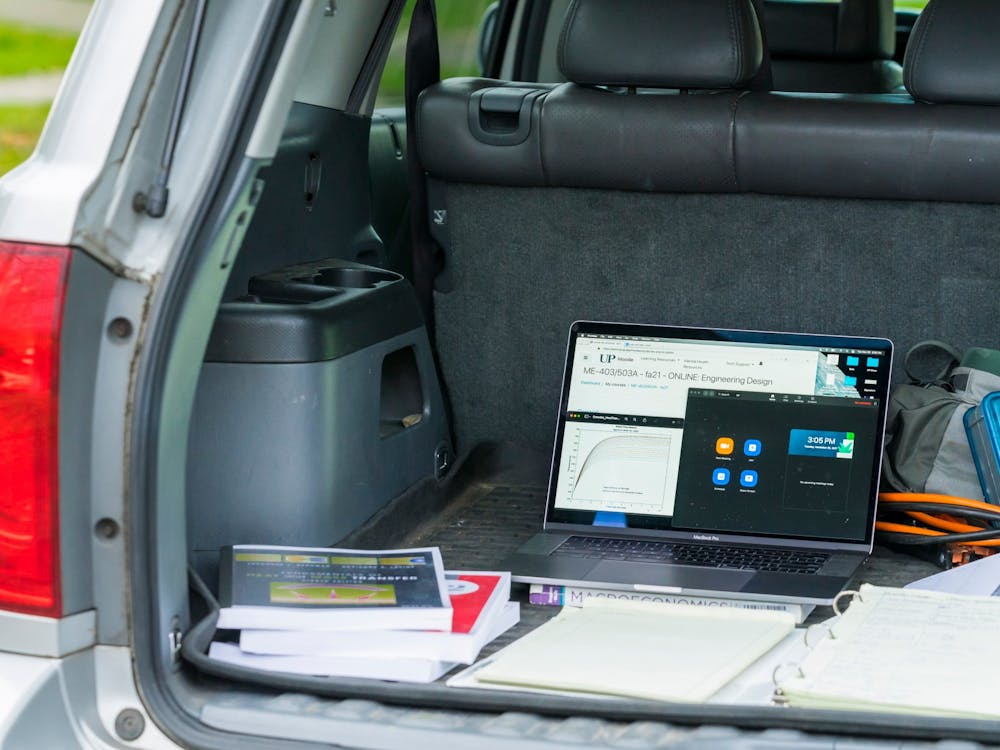By Beacon Editorial Board
Many students at this university have probably tried to find information about a professor from RateMyProfessors.com. However, relying on anonymous ratings from people online is about as reliable as an online gossip column.
It's important to take the ratings and comments with a grain of salt. This website is a perfect platform for students to unload any and all emotions (under the veil of Internet anonymity) on their alleged educational injustices.
Odds are the people who take the time to rate and write comments about a professor online will usually be serving a vendetta of sorts. Whether the rater received a bad grade he or she ‘didn't deserve' or thought that there was too much homework, the website is a place where students come to vent. Where accusations like ‘she picks favorites' or ‘the whole class was given C's' are rampant, accuracy, fairness and even tact take a backseat.
It's unfair to define a professor's performance as a whole with a single online comment. What one student thinks of a professor could be completely different from another student's opinion.
That is not to say that all comments and ratings are questionable, but students need to take these opinions lightly due to the site's anonymous nature.
Here lies another problem: Students often survey their peers and peruse RateMyProfessors.com to find the easiest professors. Although it's nice to take a class with a light workload every once in a while, students shouldn't shy away from difficult classes or challenging professors. These kinds of classes and professors give students the opportunity to push their educational boundaries and be challenged.
It would be a shame for students to miss out on a class that could be transformative to their lives simply because anonymous people told them it was difficult. A challenge is a good thing, and students should seek challenges in college where they are shielded from the hard consequences of the real world to a certain degree.
The smarter thing to do is to ask people you know who have had the professor in question. These person-to-person accounts will be much more reliable and trustworthy. Freshmen and sophomores: ask your upperclassmen friends or acquaintances about a class or a professor.







